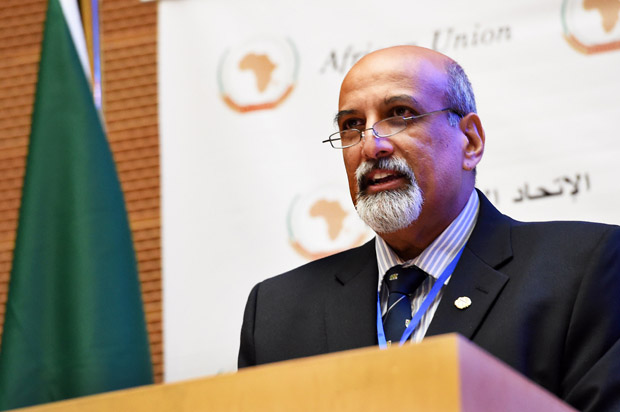Epidemiologist Professor Salim Abdool Karim says South Africa is not likely to have a new variant of COVID-19 during the third wave of infections.
The National Institute of Communicable Disease (NICD) recently warned that mass gatherings and social events over the Easter holidays are likely to cause a surge in coronavirus cases, which may trigger the third wave.
There are reports that the National Coronavirus Advisory Council has advised the government to place the country under either alert level two or three lockdown regulations to avoid the spread of the virus over the Easter weekend.
Karim says despite the high level of uncertainty in the country, a new variant of the coronavirus does not seem possible.
“You get re-infection with these new variants. Also with vaccine immunity they are somewhat compromised. The extent to which this happens is not clear but it seems to reduce the utilisation capacity of the vaccine. There’s a lot of uncertainty in this. I am optimistic that you know we may not see a new variant but if we do, then we need to be even more on our guard in terms of reducing risk,” says Karim.
South Africa warned of a possible third wave of COVID-19:
SA’s vaccination programme
While South Africa’s vaccination programme is well under way, Deputy Health Minister Joe Phaahla says the government will not achieve its target of vaccinating 1.5 million healthcare workers by April. This is due to the lack of available vaccines.
The country also plans to vaccinate 14 million citizens by the end of the year.
Professor Adrian Puren of the NICD says if the third wave hits in June, as currently predicted, the country would have not vaccinated enough people to prevent the virus from spreading rapidly.
“We won’t reach herd immunity, as you know that magic number is 67%. We are nowhere close to that and I think it was predicted that we would have 1 million in the first phase, so we will really have to scale up quite dramatically to really protect the healthcare workers.”






